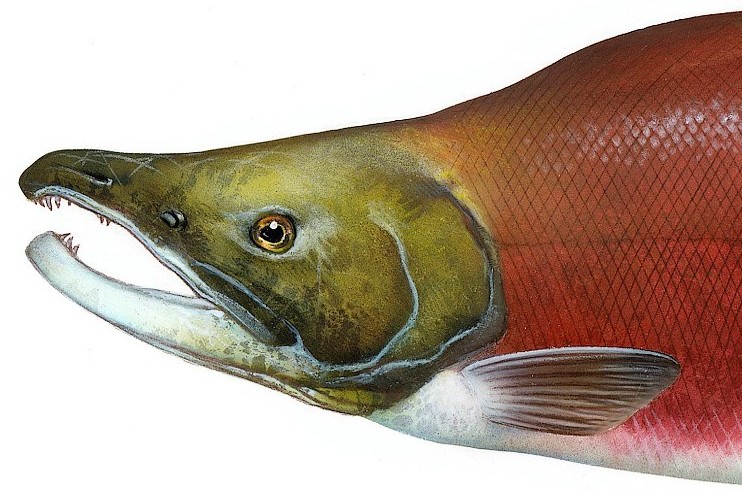Ben Carson finally dropped out of the presidential race yesterday. I was beginning to think it would never happen.
Or, at least, he’s kind of dropping out. He’s not going to tonight’s debate, and he sees no way he can win the nomination, but he’s not formally suspending his campaign. Honestly, as confusing as his campaign has been, it makes sense that even its ending is a muddle.
My impression of Carson changed a lot over the past year. I didn’t know much about him when he announced his run, but what I knew of his medical career was impressive. He seemed intelligent, sober-minded, and more deliberate than most politicians. I liked that, even if I wasn’t wild about his candidacy.
He briefly rose to lead some polls, and I thought he would attract the votes of some serious Protestants (as opposed to the alleged evangelicals who support Trump.) But it became clear that, whether he knew it or nor, Carson’s campaign was being run as a perpetual money machine, with most of the funds raised being directed back into fundraising. Very little was spent on actually trying to get people to vote for Ben Carson.
The biggest question is ho much Carson knew of all this. Was the whole thing a cynical scam? I doubt it. I think Carson is personally honorable. But the degree to which he was taken in by advisers and scamsters is a great demonstration of why political outsiders are not necessarily the answer to the Washington establishment’s corruption. Someone without knowledge of how the game is played is more likely to be a mark than a winner.
Despite it all, Carson still managed to outpoll John Kasich in several Super Tuesday states. There’s a voter base for him, but whether because of Trump stealing all the oxygen in the room, or because of the Carson campaign’s own ineptitude, it wasn’t enough of a base for him to go anywhere.
It surprises me that folks stuck with him for so long, especially after he seemed to get tired of actually campaigning. People are asking where his supporters will go now. The answer to that has to start with figuring out what made them hang around so long in the first place.

